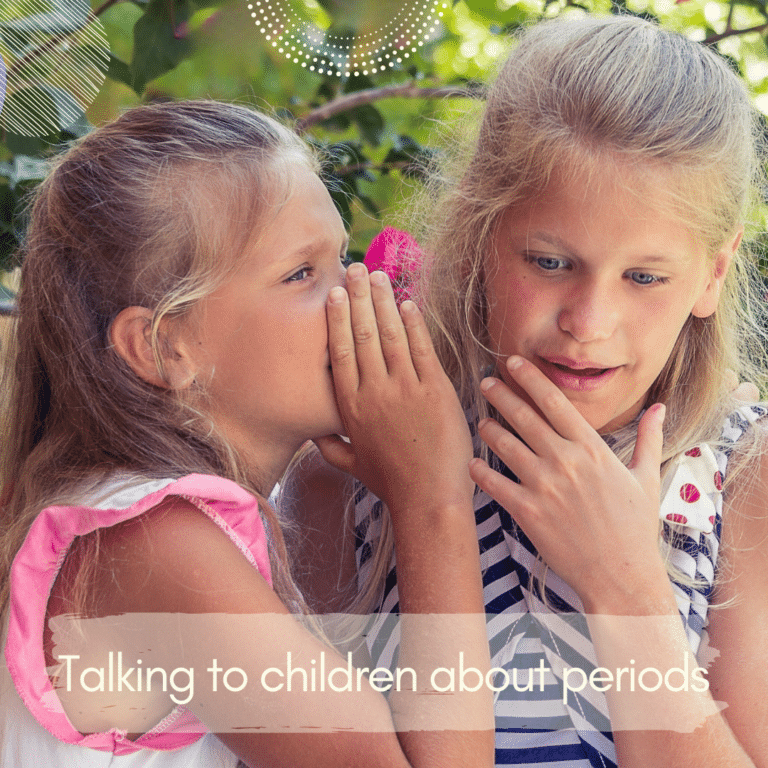Parenting teenagers without conflict
The thing about parenting teenagers (and parenting in general) is that every time you think you’ve got a handle on it, something changes. Strategies that work well with one child seem to have no effect on another. And as fast as you can come up with countermoves, the children graduate to a new stage of development with completely different challenges. Self-congratulation tends to be ominous and short-lived!
For me, early childhood parenting tended to be all about absolutes – things were either always right or always wrong and nuances were best avoided. But parenting teenagers is an entirely different kettle of fish. Standing on fixed principles with a teenager is a sure fire way to escalate conflict.
I have come to think of the teenage years as a prolonged handover of power from parent to child. And just as with governments and regimes, this can be a peaceful democratic transition or a bloody and violent uprising – or, more likely, a mash up of the two. Realistically, faced across the negotiating table with an unpredictable, hormone-surging, self-and-peer-obsessed teenager with their eye on the prize and little experience in facilitating compromise, the best we can really hope for is a (largely) bloodless revolution.
For parents of teenagers, the onus is firmly on us to lead the way in prioritising good relationship and positive outcomes over dogged adherence to principles. Easy to say but not so easy to do when your teen is behaving like a brat and spouting clever-dick abuse at you! Where’s the first place my head goes to in that situation? Outrage! “What an ungrateful so-and-so, after all I’ve done for him, if he thinks I’m ever going to lift a finger for him again he’s got another think coming….. etc etc” The overwhelming temptation is to go head to head, to make them stop, to make them apologise, to make them admit they are wrong and make them recognise the depth of offence they have caused (see The hurtful teenage years)
But, in reality, we can’t make them do anything any more. And trying to do so just escalates the argument and raises the stakes – and the fallout (see How to discipline a teenager).
So finally I have learnt (the hard way) to be the grown up in this relationship. Not to follow him into his bedroom to keep making my point until he jolly well recognises it. But to let it go, let him find a way to get a handle on his mood and wait for him to discover that there are other valid perspectives once calmness descends.
Timing is everything in parenting teenagers. It has taken me a while (and it still doesn’t always come naturally) but I think I have learnt that conversations about right and wrong are much better conducted when we are both able to couch our thoughts calmly and constructively and that prioritising a positive relationship over standing on principle is not a sign of lax parenting, it’s probably the only hope we have of getting through this transfer of power in a relatively peaceful manner.
And, yes, the mere fact that I am congratulating myself on having learnt this lesson means that the next parenting challenge is inevitably just about to step up and teach me a lesson about smugness!
Liked this? You’ll love my book How to Get Your Teenager Out of Their Bedroom.
*This post contains affiliate links.








I always think of parenting as a continuum. You go from when your child is in the womb and absolutely dependent on you, even for the oxygen they breathe. From the day they are born you start on the long slow process of letting them go. The mark of your absolute succcess is making them ready to go out into the world alone and be able to survive happily without you. It’s never going to be a smooth continuum but it will keep moving forwards…
That’s a lovely analogy Lucy. You are right, it can be a bumpy ride at times, and bittersweet.
I can so relate to your post! It is well written and parenting a teenager is definitely very different. Flexibility is the key. With their mood swings, I find that one day, X will work but may not work the second day. Every day is different and I think it is that stage where they are defining their own identities and hence, the rapid and many changes that occur! I don’t take things personally as well as I think they tend to say things they do not mean. Just another sign that they are growing up and forming their own thoughts.
You are so right about flexibility! The problem is that sometimes it is hard to know what is being flexible and what is letting them get away with murder! So many judgement calls!!!
I agree – deciding to be the grown up is absolutely the best strategy and absolutely the hardest thing to do. Much easier in retrospect too!
So true – easy to see what we’ve done wrong after the event! I guess the trick is to try and learn for the next time 🙂